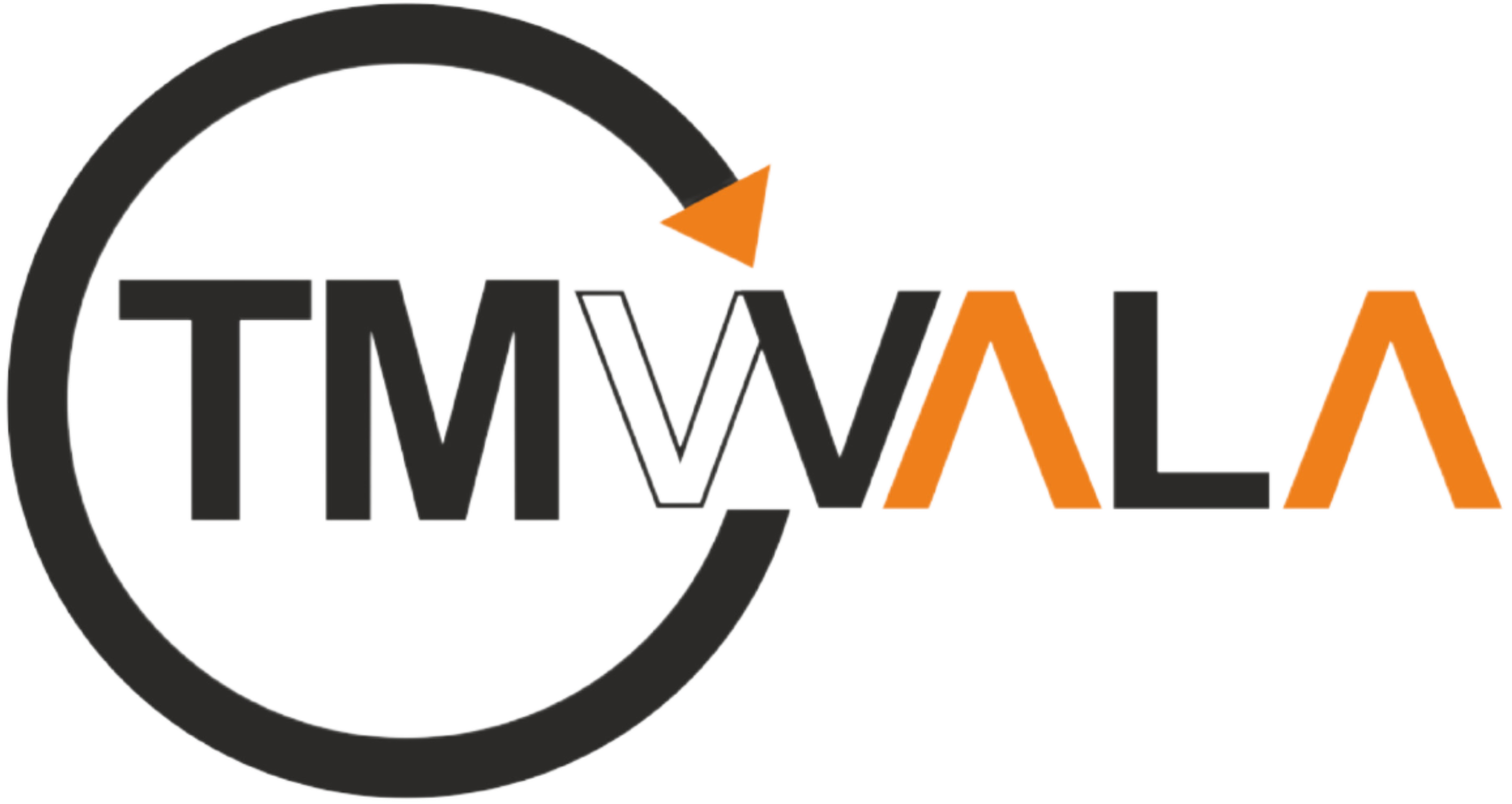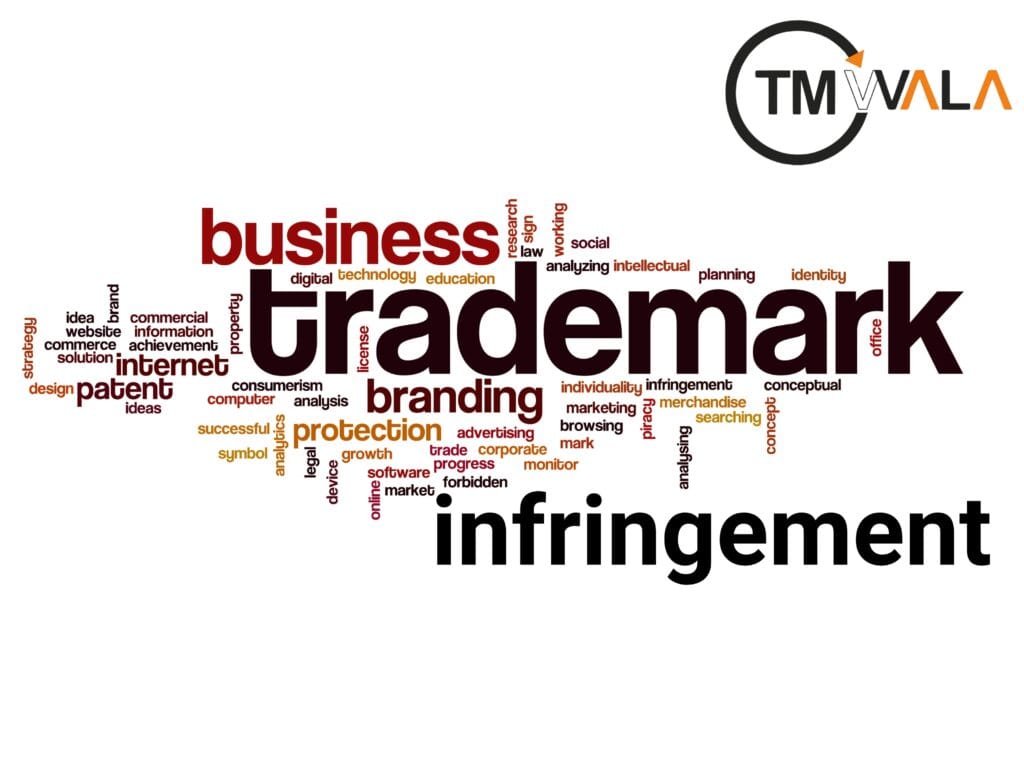Introduction
Trademarks play a vital role in distinguishing goods and services in the market. They serve as an identity for brands, ensuring that consumers can recognize the origin of a product or service. However, with the growing competition in the market, the risk of trademark infringement has also increased. We aim to provide an in-depth understanding of trademark infringement in India, covering its definition, types, legal provisions, remedies, and frequently asked questions (FAQs).
What is Trademark Infringement?
Trademark infringement occurs when an unauthorized party uses a mark that is identical or confusingly similar to a registered trademark, leading to potential confusion among consumers. This unauthorized use can dilute the distinctiveness of the trademark and harm the reputation and goodwill of the trademark owner.
Types of Trademark Infringement
Trademark infringement can occur in various forms, and it is essential to understand the different types to protect your brand effectively.
1. Direct Infringement
Direct infringement occurs when a party uses a mark that is identical or deceptively similar to a registered trademark without the owner’s permission. This can include the use of the mark on goods, services, packaging, labels, or advertising.
2. Indirect Infringement
Indirect infringement involves contributing to or facilitating another party’s infringement. This can include actions such as selling or distributing goods that bear the infringing mark.
3. Passing Off
Passing off is a common law tort used to enforce unregistered trademark rights. It occurs when a party misrepresents their goods or services as those of another, causing confusion among consumers and damaging the goodwill of the trademark owner.
4. Counterfeiting
Counterfeiting involves the production and sale of imitation goods that bear a mark identical to or substantially indistinguishable from a registered trademark. Counterfeit goods are typically of inferior quality and can harm the reputation of the trademark owner.
Legal Provisions for Trademark Infringement in India
The Trademarks Act, 1999, provides a comprehensive legal framework for addressing trademark infringement in India. Key sections relevant to infringement are detailed below.
Section 29: Infringement of Registered Trademarks
Section 29 outlines the various acts that constitute trademark infringement, including:
- Use of an identical mark: Unauthorized use of a mark that is identical to the registered trademark in relation to identical goods or services.
- Use of a similar mark: Unauthorized use of a mark that is similar to the registered trademark in relation to identical or similar goods or services, causing confusion among consumers.
- Use in advertising: Unauthorized use of a registered trademark in advertising that takes unfair advantage of or is detrimental to the distinctive character or repute of the trademark.
Section 30: Limits on Effect of Registered Trademark
Section 30 provides certain defenses against claims of trademark infringement, including:
- Honest use: Use of a mark in an honest and non-commercial manner.
- Descriptive use: Use of a mark to describe the characteristics or qualities of goods or services.
- Exhaustion of rights: Use of a mark on goods that have been lawfully acquired in the market.
Section 134: Jurisdiction of Courts
Section 134 specifies the jurisdiction of courts in cases of trademark infringement. It states that a suit for infringement can be filed in a court that has jurisdiction over the area where the plaintiff resides or carries on business.
Section 135: Reliefs in Suits for Infringement or for Passing Off
Section 135 outlines the reliefs available in cases of trademark infringement or passing off, including:
- Injunction: A court order restraining the infringer from using the infringing mark.
- Damages: Monetary compensation for the losses suffered by the trademark owner due to the infringement.
- Account of profits: An order requiring the infringer to account for and pay the profits made from the infringement.
- Delivery up: An order requiring the infringer to deliver up the infringing goods or materials for destruction.
Remedies for Trademark Infringement
Trademark owners have several remedies available to them in cases of trademark infringement. These remedies can be sought through civil, criminal, and administrative actions.
Civil Remedies
- Injunctions: A court may grant temporary or permanent injunctions to restrain the infringer from using the infringing mark.
- Damages: The trademark owner can claim damages for the losses suffered due to the infringement.
- Account of Profits: The court may order the infringer to account for and pay the profits earned from the infringing activities.
- Delivery Up: The court may order the infringer to deliver up the infringing goods or materials for destruction.
Criminal Remedies
Trademark infringement is also a criminal offense under the Trade Marks Act, 1999. The following criminal remedies are available:
- Fines and Imprisonment: The infringer can be subjected to fines and imprisonment. However, after amendments in the trademark law, the provisions for imprisonment have been removed.
- Search and Seizure: Law enforcement authorities can conduct searches and seize infringing goods and materials.
Administrative Remedies
Trademark owners can also seek administrative remedies through the Trademark Registry, including:
- Opposition Proceedings: Filing an opposition against the registration of a confusingly similar trademark.
- Rectification Proceedings: Seeking the removal of an infringing trademark from the register.
Practical Insights for Preventing Trademark Infringement
1. Conduct Thorough Trademark Searches
Before adopting a new trademark, conduct comprehensive trademark searches to ensure that the mark is not identical or similar to existing registered trademarks. This helps in avoiding potential conflicts and infringement claims.
2. Register Your Trademark
Registering your trademark provides legal protection and exclusive rights to use the mark. It also strengthens your position in case of infringement disputes.
3. Monitor the Market
Regularly monitor the market for potential infringements of your trademark. This can be done through online searches, market surveys, and subscribing to trademark watch services.
4. Take Prompt Action
If you identify any potential infringement, take prompt legal action to protect your trademark rights. Delay in taking action can weaken your case and result in further damage to your brand.
5. Seek Professional Assistance
Trademark law can be complex, and it is advisable to seek the assistance of trademark attorneys or agents for expert guidance on protecting your trademark rights.
Conclusion
Trademark infringement poses a significant threat to brand identity and consumer trust. Understanding the various forms of infringement, the legal provisions, and the remedies available is crucial for protecting your trademark rights. By conducting thorough trademark searches, registering your trademark, monitoring the market, taking prompt legal action, and seeking professional assistance, you can effectively safeguard your brand against infringement.
FAQs on Trademark Infringement in India
1. What constitutes trademark infringement in India?
Trademark infringement in India occurs when an unauthorized party uses a mark that is identical or confusingly similar to a registered trademark, leading to potential confusion among consumers.
2. Can an unregistered trademark be protected against infringement?
Yes, an unregistered trademark can be protected through the common law of passing off, which requires the owner to prove use, goodwill, misrepresentation, and damage.
3. What are the penalties for trademark infringement in India?
Penalties for trademark infringement in India can include fines and orders for damages, injunctions, and delivery up of infringing goods for destruction.
4. How can I prevent trademark infringement?
To prevent trademark infringement, conduct thorough trademark searches, register your trademark, monitor the market for potential infringements, take prompt legal action against infringers, and seek professional assistance.
5. Can a foreign trademark be enforced in India?
Yes, a foreign trademark can be enforced in India if it is registered in India. Foreign trademarks not registered in India can still seek protection under the common law of passing off.
6. What is the difference between trademark infringement and passing off?
Trademark infringement involves the unauthorized use of a registered trademark, while passing off involves misrepresentation that leads to consumer confusion about the origin of goods or services, protecting the goodwill of unregistered trademarks.
7. Can the use of a similar domain name constitute trademark infringement?
Yes, the use of a similar domain name can constitute trademark infringement if it creates a likelihood of confusion among consumers regarding the origin of goods or services.
8. What is the role of the Trademark Registry in trademark infringement cases?
The Trademark Registry’s role is primarily administrative, including registering trademarks and handling opposition and rectification proceedings. Trademark infringement cases are adjudicated by courts.
9. How long does it take to resolve a trademark infringement case in India?
The duration of a trademark infringement case in India can vary, but it typically takes several years to reach a final resolution due to the complexity of legal proceedings and the workload of courts.
10. Can a trademark owner seek damages for trademark infringement?
Yes, a trademark owner can seek damages for trademark infringement, including compensation for losses suffered and an account of profits made by the infringer.
11. Is it necessary to prove actual confusion to establish trademark infringement?
No, it is not necessary to prove actual confusion. The likelihood of confusion is sufficient to establish trademark infringement.
12. What is the significance of the “likelihood of confusion” test?
The “likelihood of confusion” test determines whether the similarity between the marks is likely to confuse or deceive consumers about the origin of goods or services. It is a key factor in assessing trademark infringement.
13. What is the process for filing a trademark infringement suit in India?
To file a trademark infringement suit, the trademark owner must file a plaint in the appropriate court, provide evidence of infringement, and seek relief such as injunctions, damages, and delivery up of infringing goods.
14. Can an infringing trademark be removed from the register?
Yes, an infringing trademark can be removed from the register through rectification proceedings initiated by the aggrieved party before the Trademark Registry.














